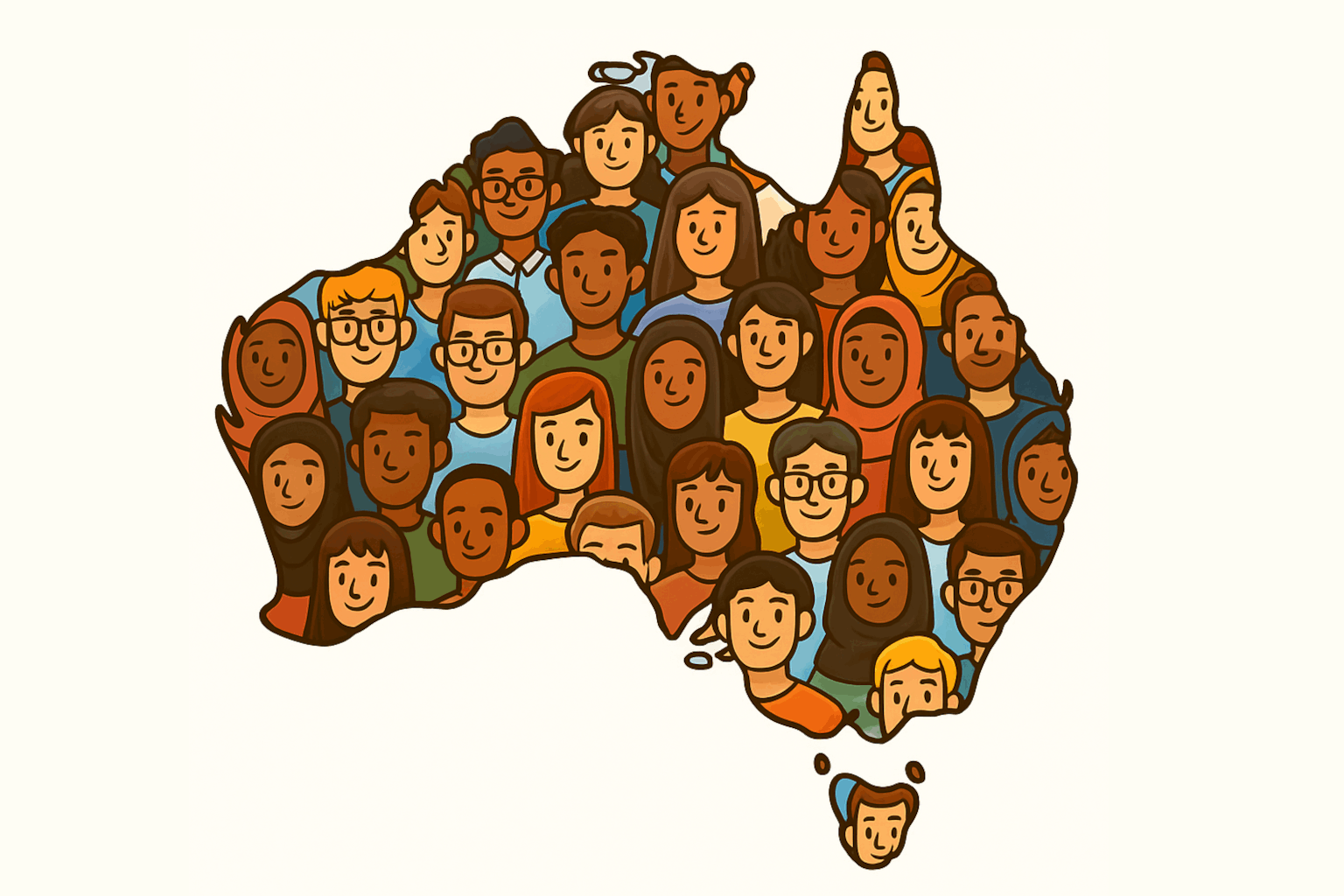Social cohesion is the glue that holds diverse societies together. This blog explores what social cohesion means in practice and how we can strengthen it through inclusive policies, shared values, and everyday connection.
As the world becomes more diverse, and more polarised, social cohesion is under pressure.
Dr. Alexandra Block
Why Social Cohesion Matters
Social cohesion is a defining feature of a strong democracy. It’s not just about people living side-by-side—it’s about how well we live together. It’s the sense of belonging, trust, and mutual respect that allows communities to thrive, especially in times of uncertainty or change.
As the world becomes more diverse, and more polarised, social cohesion is under pressure. Misinformation, inequality, and identity-based division can fragment societies and undermine democratic values. In such a fragile environment, we must intentionally work to build bridges, not walls—to foster cohesion in ways that are inclusive, just, and enduring.
What Is Social Cohesion?
Social cohesion refers to the strength of relationships and the sense of solidarity among members of a society. It involves:
- Trust in institutions and between communities
- A shared sense of belonging and purpose
- Respect for diversity and difference
- Fair access to opportunity and justice
- Civic participation and mutual responsibility
It’s not about everyone being the same—it’s about recognising difference while holding together a shared commitment to democratic principles and the common good.
Challenges to Social Cohesion
Several forces are eroding social cohesion in today’s world:
- Rising inequality creates resentment and exclusion.
- Cultural polarisation can make communities feel unheard or misrepresented.
- Digital echo chambers amplify misinformation and reduce empathy.
- Disconnection—people feel less trust in institutions and less connection to their neighbours.
If left unaddressed, these challenges can weaken social trust, fuel division, and make collective problem-solving more difficult.
How Do We Strengthen Social Cohesion?
- Invest in Inclusion
Policies must ensure that all groups—especially those historically marginalised—have fair access to services, representation, and opportunities. Inclusion builds trust. - Create Shared Spaces
Public spaces like libraries, community centres, and parks serve as meeting grounds for diverse groups to interact and form relationships. - Promote Civic Participation
Encourage people to engage in decision-making at all levels. Feeling heard strengthens democratic commitment and accountability. - Support Cultural Expression
Celebrating cultural diversity through festivals, arts, and storytelling fosters mutual respect and pride in shared identity. - Tackle Misinformation and Build Media Literacy
Promoting truthful, inclusive narratives and critical thinking helps counter division and conspiracy. - Center Education in Values
Schools should teach not only academics, but also empathy, cooperation, and respect for others.
Conclusion: Cohesion Requires Care
Social cohesion is not automatic—it must be cultivated through daily choices, institutional leadership, and inclusive policies. In a world of growing difference, cohesion doesn’t mean sameness—it means commitment to shared values of dignity, equity, and participation.
A cohesive society isn’t one without conflict—it’s one that knows how to resolve it fairly and with compassion. That’s the kind of democracy worth building.
